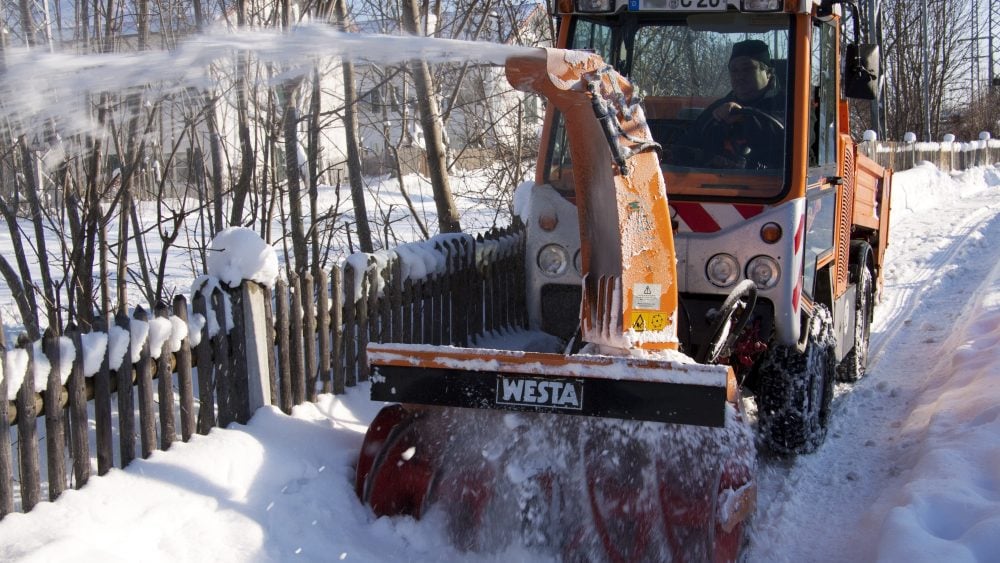Depending on the climate where you live, the construction industry has peaks and valleys in its production. These highs and lows are usually dependent on the weather: it’s challenging to dig a foundation when the ground is frozen, there is no need for snow removal when it’s 85 degrees, etc. Consequently, many jobs in the trades and construction industry are seasonal.
Here’s my list of the good, the bad, and the ugly on seasonal employment:
The Good
Time Off
Knowing that you’re likely to have a large chunk of time off in the winter can allow you to plan out life events with ease. For instance, vacations, travel time, and time off can be scheduled during off-season.
More Pay Now
Typically, when you work seasonal hours you work longer hours and overtime for the peak season. This results in bigger pays while you work.
The Bad
Work Life
When you work a seasonal job, odds are that your life will largely center around work. Because the work is only dependent on accommodating weather (warm, dry, etc.), it’s sometimes necessary to work while the weather is cooperating. This often means that while you work, you will work long hours.
All Good Things Come to an End
If you’re hired as a seasonal worker, chances are that a layoff is in your future when the weather turns.
The Ugly
No Guarantee
When you work seasonal, there’s usually no guarantee that you will be a part of the team for next season. Strong work ethic, positive attitude, and skillsets can go a long way in increasing your odds of a call-back.
No Income When You’re Off
If you don’t budget properly, not having an income during off-season months can result in a financially tough period. Make sure that you squirrel away an appropriate amount to live comfortably when you don’t have an income.


Comments are closed.